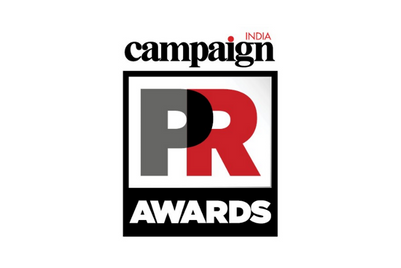
In today's high-speed ‘always-on’ world, where everyone is scrolling through their phones and sifting through all sort of information via web or social media, it just takes a single careless moment to cause loss of industry reputation along with that of organization’s time and money.
With social media becoming a powerful medium in consumer’s hands, it’s imperative for organizations to prepare for responsible communication. In a business environment, it becomes the
responsibility of the organization towards fulfilling the expectation set for its customers, stakeholders, and employees in order to keep the business environment health and positive.
The Maggi debacle of 2015, the biggest in their over-100-year old history, was averted within
months because of responsible communication from the brand’s end. But most such big crises
actually create a negative impact because of lack of an effective responsible communication
program at the organization level.
Let’s see what could constitute an effective responsible communication program for any
organisation.
Identifying the communication problem
The PR and communications professionals need to upgrade their skills for today’s digital times, in
order to identify the onset of any social media PR crisis. Not just that, they also need to upskill
themselves on content marketing strategies, spotting consumer trends, creative and informative
video production, and social media management. They will then be able to develop social and digital crisis communication strategists to help in times of crisis or scandals.
Analysing the problem
Data, already believed to be more valuable than oil today, is the tool for responsible communication
for PR professionals too to understand and monitor the audience perception at all times, market
trends, understanding the successful campaigns for effectively engaging the audience and also the
unimpactful ones. The need is therefore to creatively collate and interpret data instead of focusing
on just raw statistics.
Maintaining trust with accurate information
Organisations need to focus more on winning and maintaining the trust of its customers with
responsible communication. With fake news and an abundance of useless information floating all
around, there is an increased need to establish trust among the consumers. In today’s testing times, there is a need filter information for consumers and share only accurate and relevant information substantiated with scientific facts or statistics or expert opinions obtained through data analysis and interpretation as explained before. The communications professionals are thus responsible to help media (even social media) in disseminating truthful and meaningful stories to maintain organizations’ ethical stance.
Communicating for long-term vision
Most public communication messaging today happens myopically i.e. only addressing the current
issues at hand. It should ideally not be so, because organisations’ long-term vision has a journey that needs to be addressed more importantly. Handling only short-term crises often dilutes this vision and creates a negative impact on the overall brand communication strategy, thus also impacting the revenues in long-term. A responsible communication program should always be in sync with the brand’s vision, and not just the current campaign vision.
The PR and communications industry needs to be more organized today than ever before, because in today’s digital environment, it’s inevitable for something to go wrong. A responsible communication program thus sets up a proactive plan and approach not just to crisis management but also maintaining a positive business environment at all times, by leveraging advanced technologies and increased connectivity. It will be interesting to note how the industry can adapt to these changes and avert situations that may have the potential to create negative business impact.


.jpg&h=334&w=500&q=100&v=20250320&c=1)

.jpg&h=334&w=500&q=100&v=20250320&c=1)

.jpg&h=334&w=500&q=100&v=20250320&c=1)



.jpg&h=334&w=500&q=100&v=20250320&c=1)
.jpg&h=334&w=500&q=100&v=20250320&c=1)




.jpg&h=268&w=401&q=100&v=20250320&c=1)
.jpg&h=268&w=401&q=100&v=20250320&c=1)


